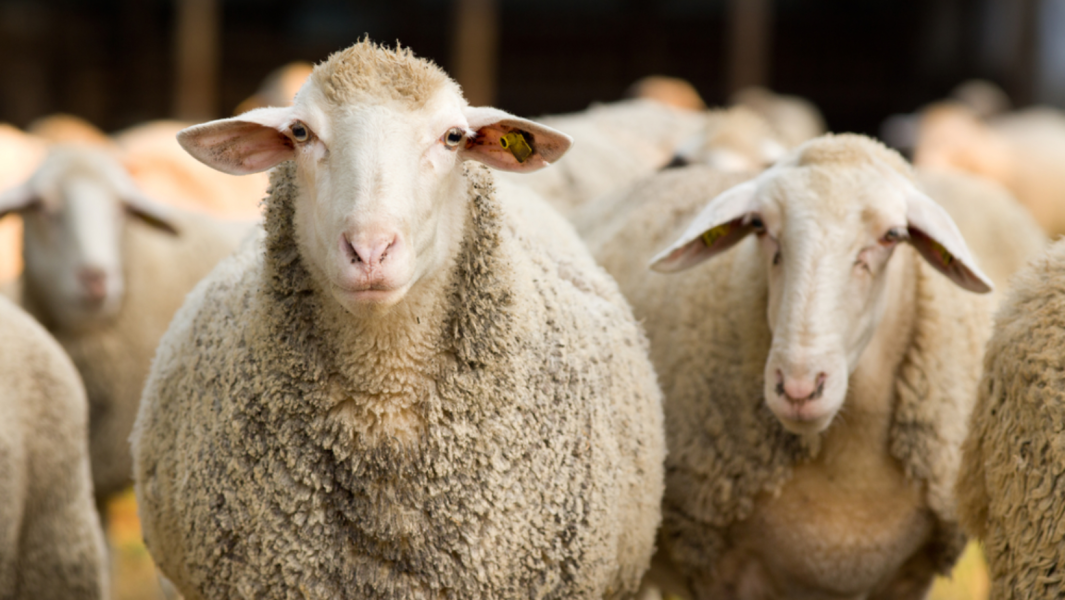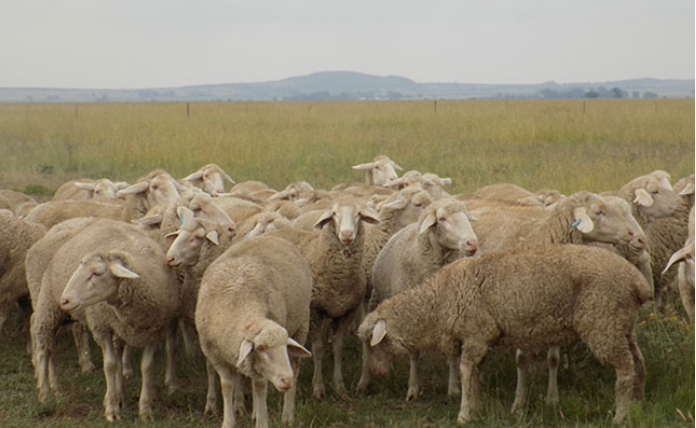Archives
- Home
- News
- Posts
- Farmers Weekly
- Consumer resistance driving down mutton, and lamb prices

The current decline in lamb and mutton prices can largely be attributed to the extremely high carcass prices of up to R110/kg, seen a month ago.

This was according to independent agricultural economist Dr Johnny van der Merwe, who told Farmer’s Weekly that the high prices had forced consumers to switch to other sources of protein such as poultry, pork and beef.
“Grade A carcasses currently sell at about R97,84/kg, which is still 11% higher than they were at the same time last year. Grade C [carcasses] are selling at R76,61/kg, which is 12% higher than the [corresponding period] in 2021.
“The high prices are largely [the result of] limited supply due to high rainfall in the main sheep-production areas of South Africa. This has made it difficult for producers to get the animals ready for market,” Van der Merwe explained.
He added that despite the relative decrease in the feeder lamb price to R44,20/kg, down 6,5% from three months ago, it was still 0,2% higher than the price seen during the same period last year.
According to Van der Merwe, the current decrease in mutton and lamb prices had to be measured against the extremely high prices that were achieved earlier.
He said that whereas extremely high prices possibly suited individual producers, they did not bode well for the industry as a whole, as they resulted in consumers avoiding mutton and lamb at retailers, while lower and more affordable prices obviously induced them to buy more of the product.
“Indications are that prices will continue on a downward trend until the end of October, and they are expected to start moving upwards from November onwards [towards the festive] season.
“Projections show that the feeder lamb price will stabilise from now on if the feedlot industry starts to push up purchases towards the end of the year,” said Van der Merwe.
-Annelie Coleman
Annelie Coleman represents Farmer’s Weekly in the Free State, North West and Northern Cape. Agriculture is in her blood. She grew up on a maize farm in the Wesselsbron district where her brother is still continuing with the family business. Annelie is passionate about the area she works in and calls it ‘God’s own country. She’s particularly interested in beef cattle farming, especially with the indigenous African breeds. She’s an avid reader and owns a comprehensive collection of Africana covering hunting in colonial Africa, missionary history of the same period, as well as Rhodesian literature.
Buy, Sell & Trade Agricultural & Heavy Equipment
Our Facebook Groups
© 2021 All Rights Reserved. AgriOnline Pty Ltd View Our Policies HERE